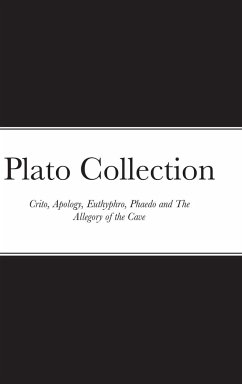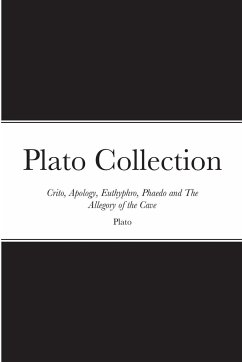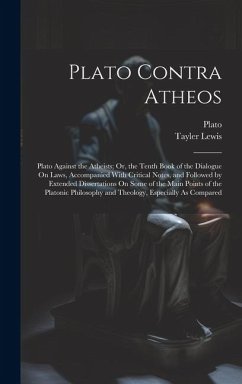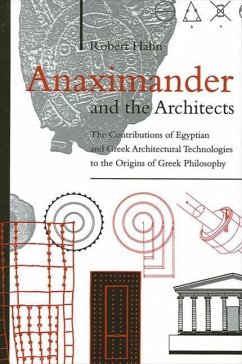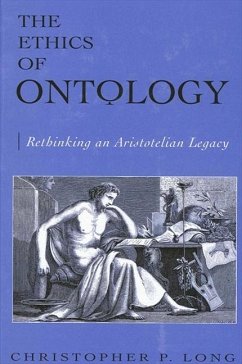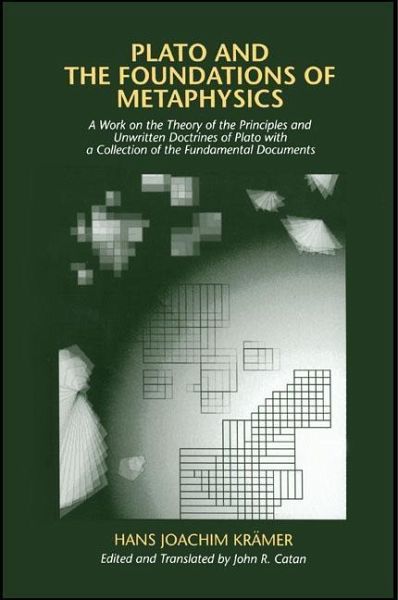
Plato and the Foundations of Metaphysics
A Work on the Theory of the Principles and Unwritten Doctrines of Plato with a Collection of the Fundamental Documents
Übersetzer: Catan, John R
Versandkostenfrei!
Nicht lieferbar
This is a book about the relationship of the two traditions of Platonic interpretation -- the indirect and the direct traditions, the written dialogues and the unwritten doctrines. Kramer, who is the foremost proponent of the Tubingen School of interpretation, presents the unwritten doctrines as the crown of Plato's system and the key revealing it. Kramer unfolds the philosophical significance of the unwritten doctrines in their fullness. He demonstrates the hermeneutic fruitfulness of the unwritten doctrines when applied to the dialogues. He shows that the doctrines are a revival of the preso...
This is a book about the relationship of the two traditions of Platonic interpretation -- the indirect and the direct traditions, the written dialogues and the unwritten doctrines. Kramer, who is the foremost proponent of the Tubingen School of interpretation, presents the unwritten doctrines as the crown of Plato's system and the key revealing it. Kramer unfolds the philosophical significance of the unwritten doctrines in their fullness. He demonstrates the hermeneutic fruitfulness of the unwritten doctrines when applied to the dialogues. He shows that the doctrines are a revival of the presocratic theory renovated and brought to a new plane through Socrates. In this way, Plato emerges as the creator of classical metaphysics. In the Third Part, Kramer compares the structure of Platonism, as construed by the Tubingen School, with current philosophical structures such as analytic philosophy, Hegel, phenomenology, and Heidegger. Of the five appendices, the most important presents English translations of the ancient testimonies on the unwritten doctrines. These include the "self-testimonies of Plato." There is also a bibliography on the problem of the unwritten doctrines.




